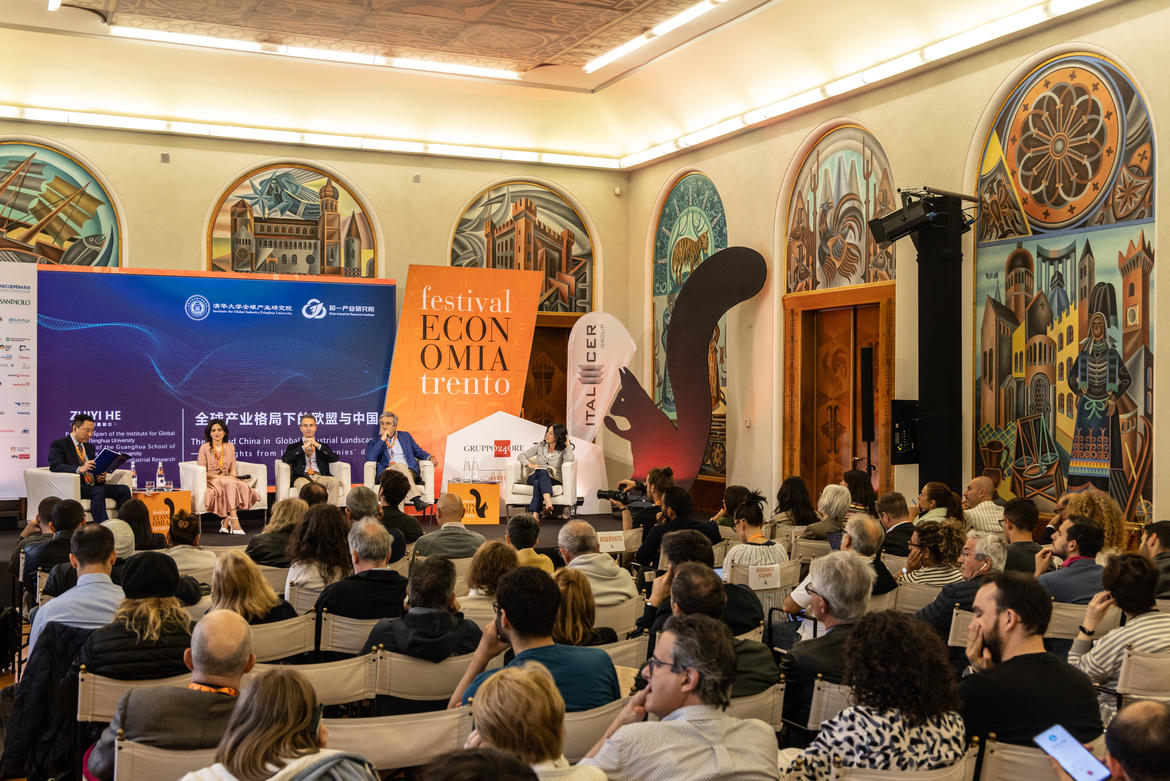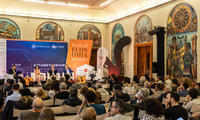
In a world increasingly shaped by shifting alliances and evolving power structures, the discussion explored the industrial and geopolitical balances among the United States, China, and Europe, emphasizing the need for renewed cooperation in an era of rising uncertainty. While traditional indicators like GDP no longer suffice to capture a nation’s industrial strength, new data-driven tools offer more detailed insights into global competitiveness. The conversation highlighted how major economies differ in their strategies and openness, with Europe often caught between its transatlantic ties and a complex relationship with China.
Zhiyi He highlighted the evolving nature of industrial measurement, illustrating how his research allows for a deeper measurement of industrial capacity beyond GDP. This alternative approach has provided a more nuanced understanding of economic power, moving beyond traditional indicators. Lorenzo Stanca reflected on small and medium enterprises' vital yet constrained role in this shifting landscape, stating that “when we speak about cooperation and agreements, SMEs have less possibility to influence the orientation of policy makers”, despite their outsized contribution to European exports. Stefania Di Bartolomeo offered a critical view of recent developments in transatlantic relations, pointing out that “today, our most trusted partner is challenging global stability”, raising concerns about economic and political reliability. Paolo Lazzarini, speaking from the perspective of a global company such as Amplifon, emphasised the need for strategic adaptability: “We need to be in both markets, the U.S. and China: the former is the market of today, but looking at demography, the latter could be our market of tomorrow”. Together, these voices reflect a shared awareness that while economic power is diversifying, uncertainty in global partnerships is growing, urging Europe to rethink its role in a rapidly transforming world.
The Q&A session brought to light the complexities of today’s geopolitical and economic realignments. Stefania Di Bartolomeo urged Europe to confront its dependencies and act as a unified economic bloc. Lorenzo Stanca noted that while demand grows in mature sectors, “a leap forward is needed in mechanization”, particularly in regions like Sub-Saharan Africa. Zhiyi He pointed to the untapped potential in China-EU industrial collaboration. The session closed on a shared recognition: Europe's competitiveness hinges not only on internal cohesion but also on strategic, forward-looking partnerships across the globe.





